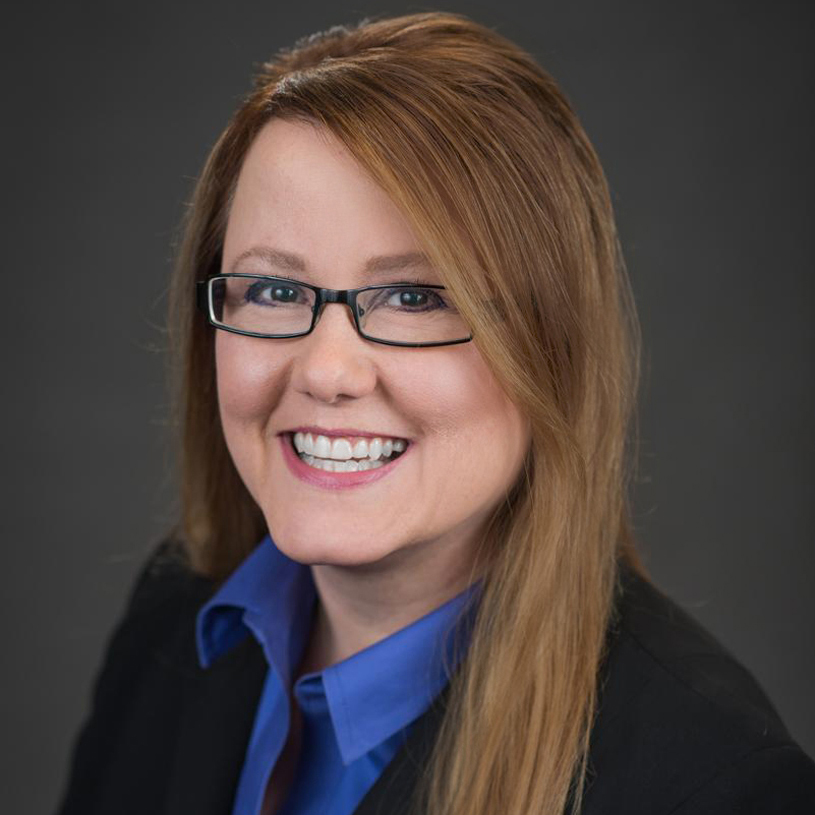
A new report details five “critical concerns” that could be keeping prospective senior living residents from moving in.
The white paper, sharing the results of a survey from customer experience research firm A Closer Look, found that although more than 55% of respondents expressed a belief that they were likely to need the services offered by assisted living communities, 88% said they had reservations about becoming a resident. Their concerns offer opportunities for actions by senior living operators.
Prospects’ areas of concern:
- Profit-driven operators. Respondents said they perceived some senior living operators as being driven primarily by financial gain rather than genuinely caring about residents’ well-being. Additionally, more than 91% of survey participants identified cost as a major concern.
- Caregiver turnover and indifference. A Closer Look said that many survey-takers expressed worries about high turnover rates among caregivers, as well as caregivers who seemed unsupportive or indifferent to residents’ needs, as evidenced by their slow response times related to essential tasks.
- Staff qualifications. Respondents also raised concerns about caregivers lacking the necessary skills and training to do their jobs, which led them to have doubts about the quality of care and services offered.
- Neglect or abuse. Some survey participants reported worries about abuse, neglect and theft.
- Quality. Respondents also said they were concerned about the overall quality of services, facilities and living conditions, including issues with cleanliness, hygiene standards, lack of amenities and unmet expectations.
A Closer Look said that, to address prospective residents’ concerns, providers can take actions such as improve caregiver support, enhance staff qualifications, strengthen oversight and monitoring, prioritize quality, increase transparency and advocate for affordable options. A solid marketing plan could help as well.
The company also encouraged providers to conduct their own research to ensure that they are addressing prospects’ concerns.
Respondents did say that some senior living communities provide exceptional care, offer restaurant-style dining, diverse amenities and extra safety features and have a high staff-to-resident ratio. Participants also said they valued the socialization opportunities that senior living communities offer, as well as the readily available assistance that helps them maintain independence.
But more than 62% of survey-takers said that they would consider living with a family member or relying on occasional check-ins from friends or relatives, and almost 60% said they were open to home care. So addressing these issues not only will help educate older adults and their adult children; it also could help your bottom line.
For more information and to download the 13-page report, visit A Closer Look’s website.
Lois A. Bowers is the editor of McKnight’s Senior Living. Read her other columns here.

